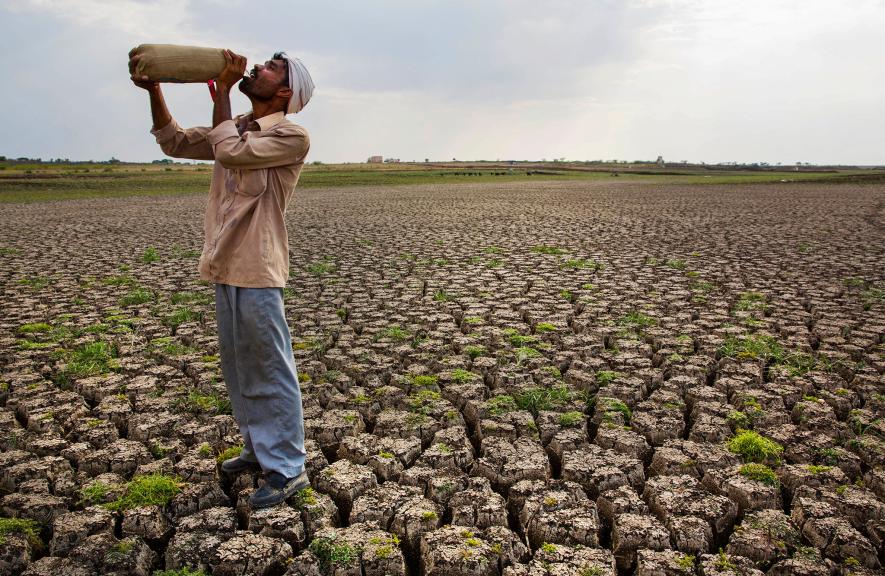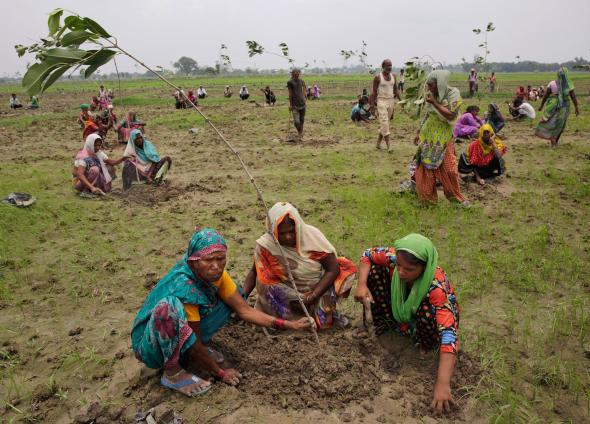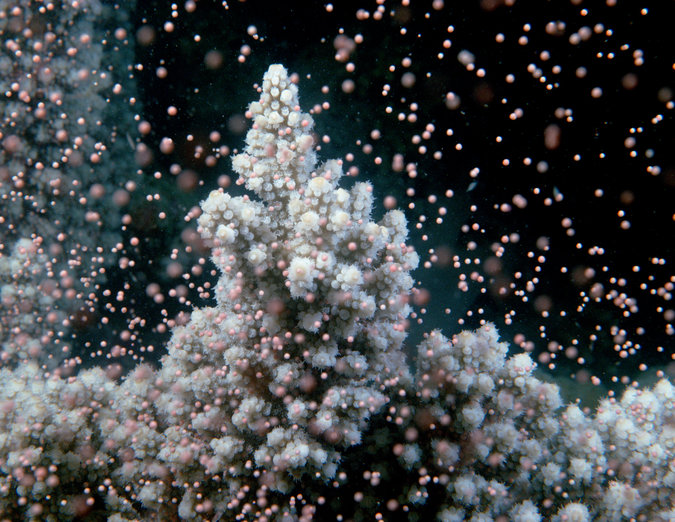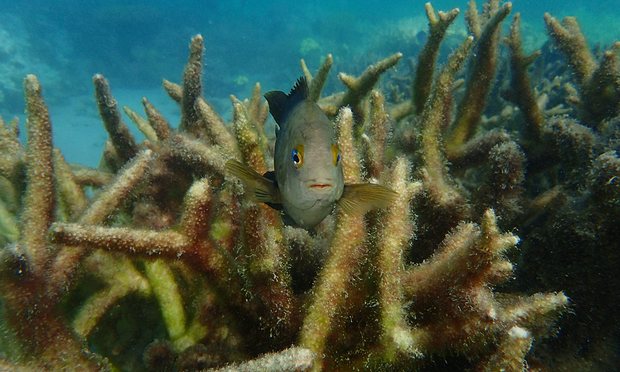Systemic sustainability as the strategic imperative for the post-2015 agenda
By Colin I. Bradford “The Earth in the coming decades could cease to be a ‘safe operating space’ for human beings,” concludes a paper by 18 researchers “trying to gauge the breaking points in the natural world,” published in Science in January 2015. That our planetary environment seems to be approaching “breaking points” is but one of several systemic threats looming on…

